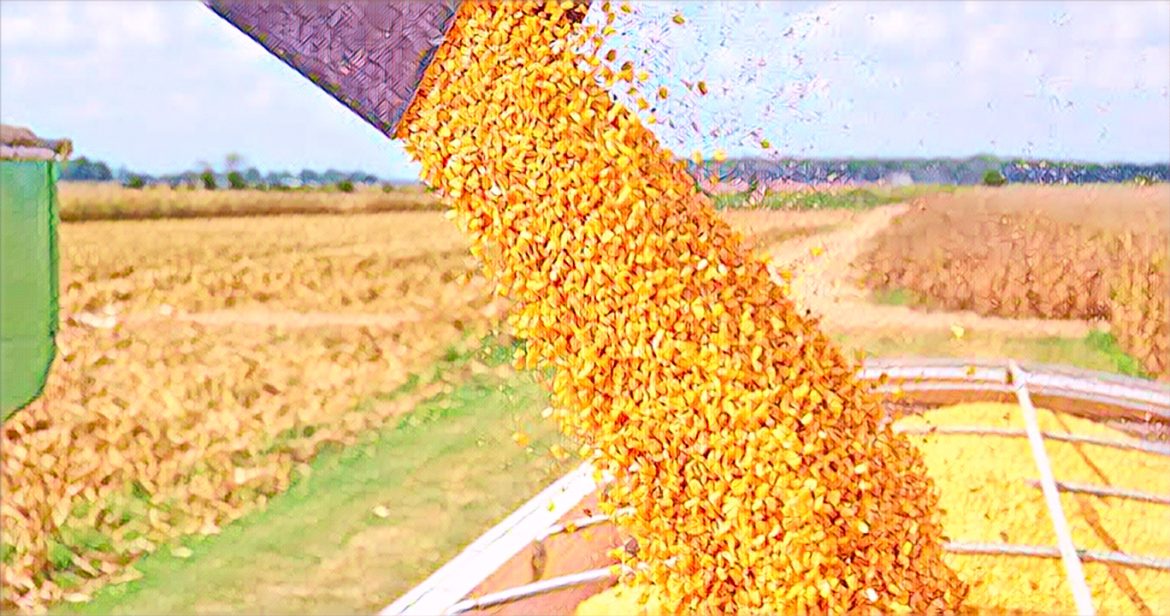The government of Zimbabwe is currently looking to the private sector for support to increase its food reserves as a result of an El Niño-induced drought that has left the country severely short on grains. Jenfan Muswere, the minister of information, publicity, and broadcasting services, made this announcement on Tuesday during a post-Cabinet briefing.
Minister Muswere claims that the nation is suffering from a severe shortage as it will require between 598,425 and 1,108,425 metric tonnes of grain to achieve monthly consumption levels, which vary from 7.5 kg to 10 kg per person. Due to this shortage, the government has resorted to importing up to one million metric tonnes of grain between April 2024 and March 2025 from private companies in an effort to mitigate the consequences of the drought.
308,139 metric tonnes of maize and traditional grains were listed in the Grain Marketing Board’s (GMB) inventory as of April 25, 2024. There were also 122,072 metric tonnes of wheat available for purchase, bringing the total amount of government reserves to 430,211 metric tonnes. Even with these numbers, the stocks on hand are well short of meeting the projected demands.
The Zimbabwean government has also launched strategic initiatives centered on wheat-based remedies in response to the problem. It is anticipated that by reducing the need for grain imports by 486,000 metric tonnes, these measures will save about US$189.5 million. This tactical change attempts to guarantee that the government can better manage its resources in addition to addressing the pressing issues related to food security, especially by ensuring timely payments for local grain deliveries.
President Emmerson Mnangagwa, who recently proclaimed the drought a state of national catastrophe, highlighted the seriousness of the situation. In an effort to avert possible hunger and sustain the country during this difficult time, the President has also made a request for international aid totaling almost US$2 billion.
In order to lessen the impact of the present drought on Zimbabwe’s food supply, the government and business sector must work together. The government intends to stabilize food security in the short- to medium-term by utilizing the capacity of private importers to close the gap between the nation’s demands and present reserves.
The partnership also reveals an important shift in approach as the government realizes how ineffective it is to handle major emergencies by using just public sector remedies. By using this strategy, rescue efforts will be more successful and efficient, and people will have access to necessary food supplies during this trying time.


